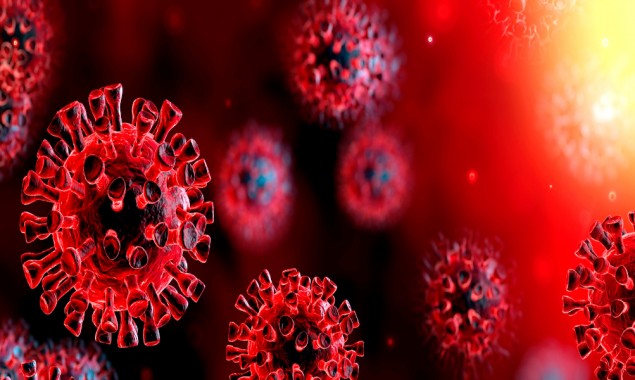Research says coronavirus ‘survives for 28 days’ in lab conditions
New research revealed that coronavirus can remain infectious on surfaces such as banknotes,...

COVID-19
A new study has revealed that the effects of the novel coronavirus remain until two to three months, even after the patient gets discharged from the hospital after recovery.
According to the study, a major chunk of patients who were discharged after their recovery faced difficulty in breathing, depression, anxiety, and fatigue.
The study named “C-MORE” was carried out by the scientists of the University of Oxford. They found abnormalities in many organs through the Magnetic resonance imaging (MRI) test and concluded that these abnormalities are the outcomes of chronic or prolonged inflammation.
The C-MORE research is also part of the University of Leicester’s national PHOSP-COVID network, which is studying the long-term effects of COVID.
The study included 58 patients with mild to serious laboratory-confirmed COVID-19 who were admitted between March and May 2020 for care at the Oxford University Hospitals (OUH) NHS Foundation Trust.
Furthermore, 30 uninfected community controls were also hired and group-matched for age, gender, body mass index (BMI), and risk factors such as obesity, diabetes.
Participants underwent brain, lung, heart, liver, and kidney Magnetic Resonance Imaging (MRI); spirometry to examine their lung function; a six-minute walking measure; a cardiopulmonary exercise test (CPET); and quality of life, cognitive and mental health evaluations.
As per the complaints of the patients, it is found that 64% faced breathlessness and 55% significant fatigue.
According to the leading Dr. Betty Raman and Professor Stefan Neubauer,
“However, it is interesting to see that the abnormalities detected on MRI and exercise capacity in patients strongly correlated with serum markers of inflammation. This suggests a potential link between chronic inflammation and ongoing organ damage among survivors.”
She added that:”These findings underscore the need to further explore the physiological processes associated with COVID-19 and to develop a holistic, integrated model of clinical care for our patients after they have been discharged from the hospital.”
In addition to this, she said, “We would like to thank all our patients and their families who have taken part in this study. In helping us to better understand the effects of this new disease, they have made an important contribution in helping others who have contracted—and who will contract—the virus.”
Catch all the Coronavirus News, Health News, Breaking News Event and Latest News Updates on The BOL News
Download The BOL News App to get the Daily News Update & Follow us on Google News.